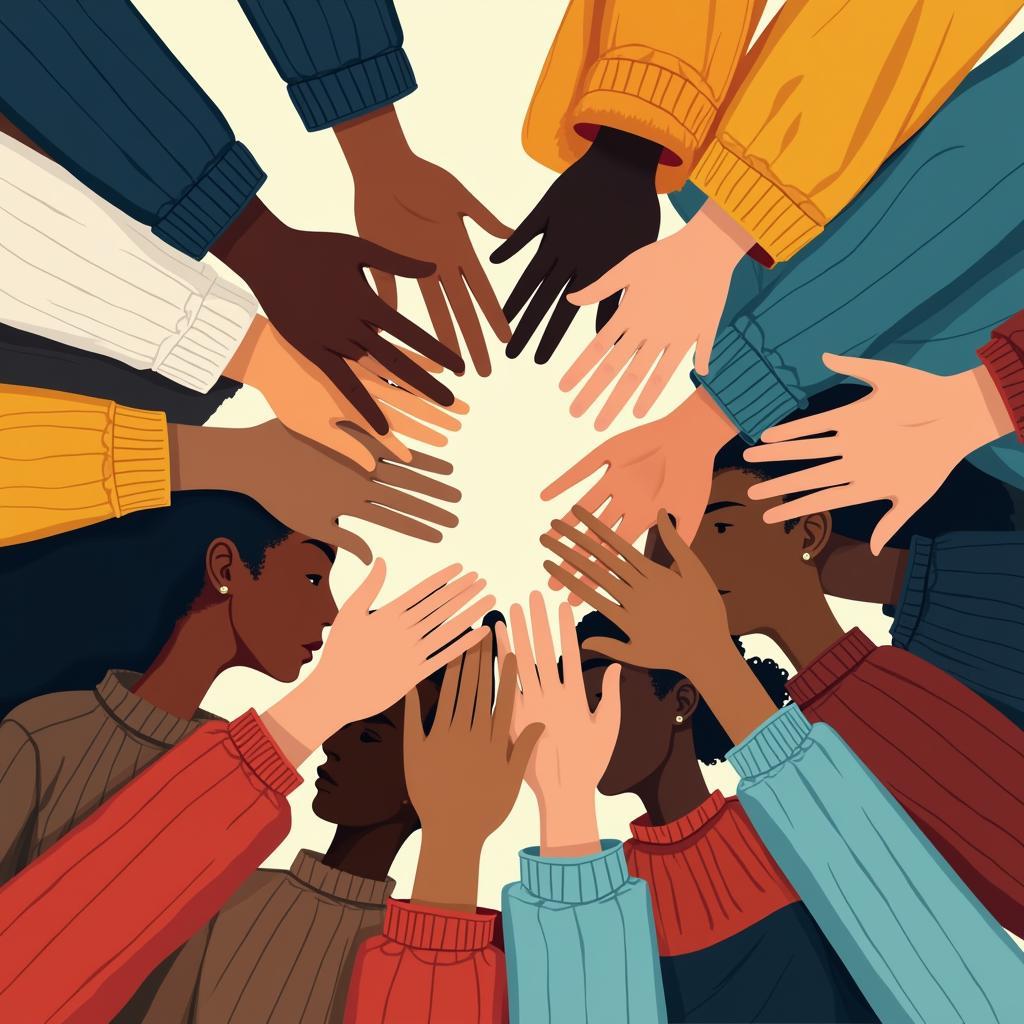The term “Decalogue Society” might seem perplexing at first glance. It begs the question: what does a set of moral principles, often associated with religious contexts, have to do with the complexities of building a peaceful and harmonious society? This article delves into the core of this concept, exploring its relevance in our modern world and how it can serve as a guiding principle for fostering understanding and respect across diverse cultures.
The Decalogue’s Enduring Relevance: Beyond Religious Boundaries
While the term “decalogue” is often synonymous with the Ten Commandments found in religious texts, its application extends far beyond the realm of any single faith. At its core, a decalogue embodies a set of fundamental guidelines for ethical conduct, promoting values like respect for life, honesty, justice, and compassion. These principles, irrespective of one’s religious beliefs, serve as cornerstones for building a just and equitable society.
Imagine a society where these principles are not merely abstract ideals but rather, the bedrock of human interaction. A society where respect for life transcends borders and ideologies, where honesty forms the foundation of every interaction, and where justice is a right, not a privilege. This is the vision a decalogue society aspires to achieve.
Bridging Divides: The Decalogue as a Common Ground
In a world increasingly polarized by differences, the decalogue offers a unique opportunity to bridge divides and foster unity. It provides a common ethical framework that transcends cultural, religious, and political boundaries. By focusing on shared values, we can begin to dismantle the walls of prejudice and misunderstanding that often lead to conflict.
 Diverse community united in peace
Diverse community united in peace
Cultivating Empathy: The Heart of a Decalogue Society
The decalogue doesn’t merely dictate a set of rules; it encourages a shift in perspective, urging individuals to step into the shoes of others. By emphasizing empathy and compassion, it paves the way for a more understanding and forgiving society, where differences are respected, and conflicts are resolved through dialogue and mutual respect.
Consider the act of stealing, explicitly prohibited by the decalogue. Beyond the legal ramifications, understanding the underlying principles of honesty and respect for another’s property fosters a sense of empathy for the victim. This understanding transcends the act itself, encouraging individuals to consider the emotional and material impact of their actions on others.
From Principles to Action: Building a Decalogue Society
Translating the principles of the decalogue into tangible action requires a multi-faceted approach:
- Education: Integrating these values into educational curricula from a young age can instill a strong moral compass in future generations.
- Dialogue: Encouraging open and respectful conversations across cultural and religious divides can dismantle prejudices and build bridges of understanding.
- Leadership: Leaders across all sectors, from government and business to community organizations, must embody and champion these values to inspire others.
 Community members engaged in dialogue
Community members engaged in dialogue
Conclusion: A Shared Journey Towards Peace
Building a decalogue society is not a utopian dream but an ongoing process that demands commitment, empathy, and a willingness to embrace our shared humanity. It’s about recognizing that beneath the surface of our differences lie fundamental values that bind us together. By embracing the principles of the decalogue, we embark on a collective journey towards a more peaceful, just, and harmonious world.
FAQ
1. Is the decalogue only relevant to religious individuals?
No. While the term originates from religious texts, the underlying principles of the decalogue, such as honesty, respect for life, and justice, are universal and transcend any specific faith.
2. How can I contribute to building a decalogue society?
Start by embodying these values in your daily life, engaging in respectful dialogue with those different from you, and advocating for policies that promote justice and equality.
3. What are some practical examples of the decalogue in action?
Examples include advocating for fair labor practices, promoting environmental sustainability, and working to alleviate poverty and hunger.
4. Can the decalogue help resolve conflicts?
By providing a common ethical framework and encouraging empathy, the decalogue can facilitate understanding and create a foundation for peaceful conflict resolution.
5. Is a decalogue society achievable?
While achieving a perfect society may be a utopian ideal, striving towards the principles of the decalogue creates a more just and compassionate world.
Need further assistance?
For more information and support on building a more peaceful world, please reach out to us. Our dedicated team is available 24/7 to assist you.
Phone Number: 02043854663
Email: [email protected]
Address: Khu 34, Bắc Giang, 260000, Vietnam
We are here to support you on your journey towards peace.
Explore more about our initiatives:
- Learn more about the decalogue society of lawyers and their role in upholding justice and human rights.